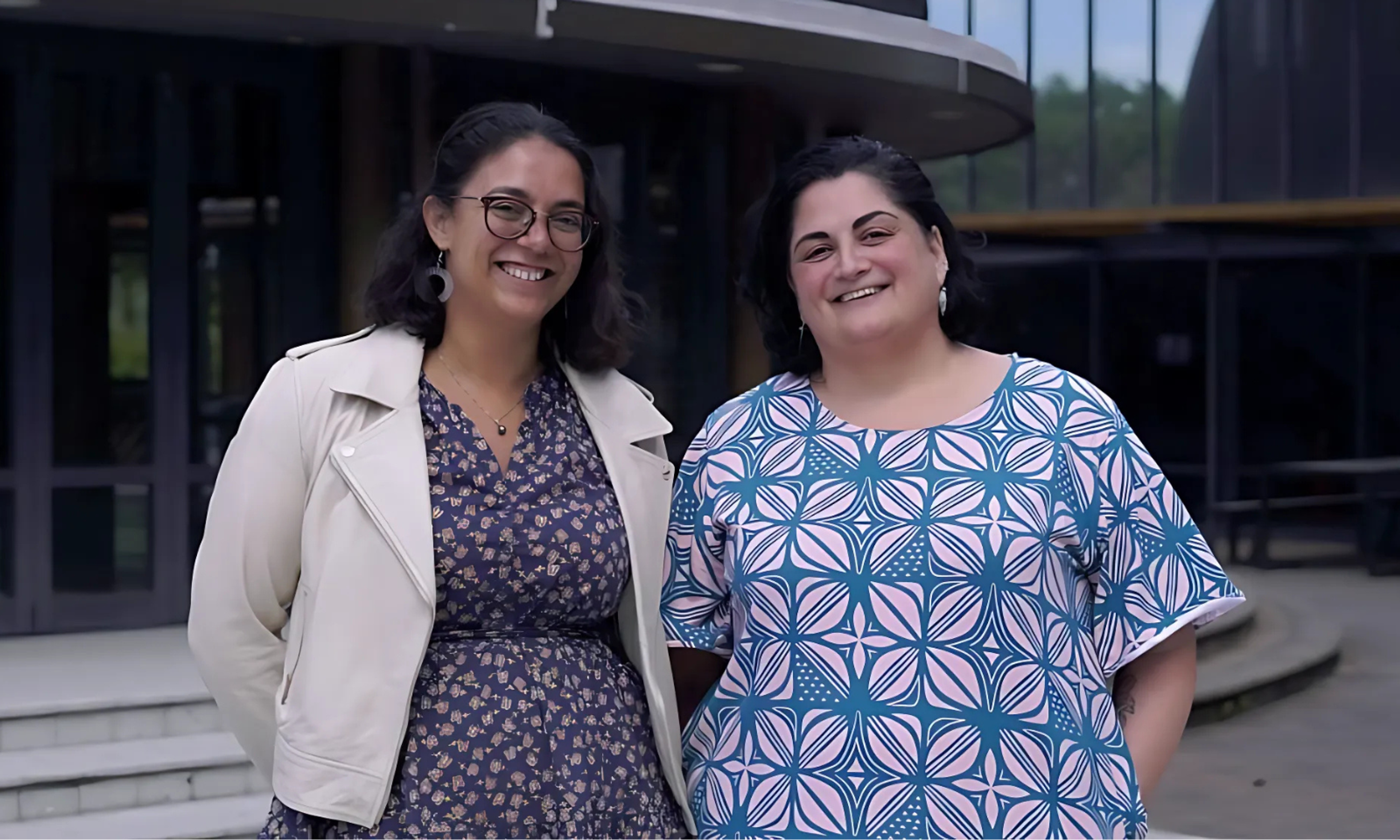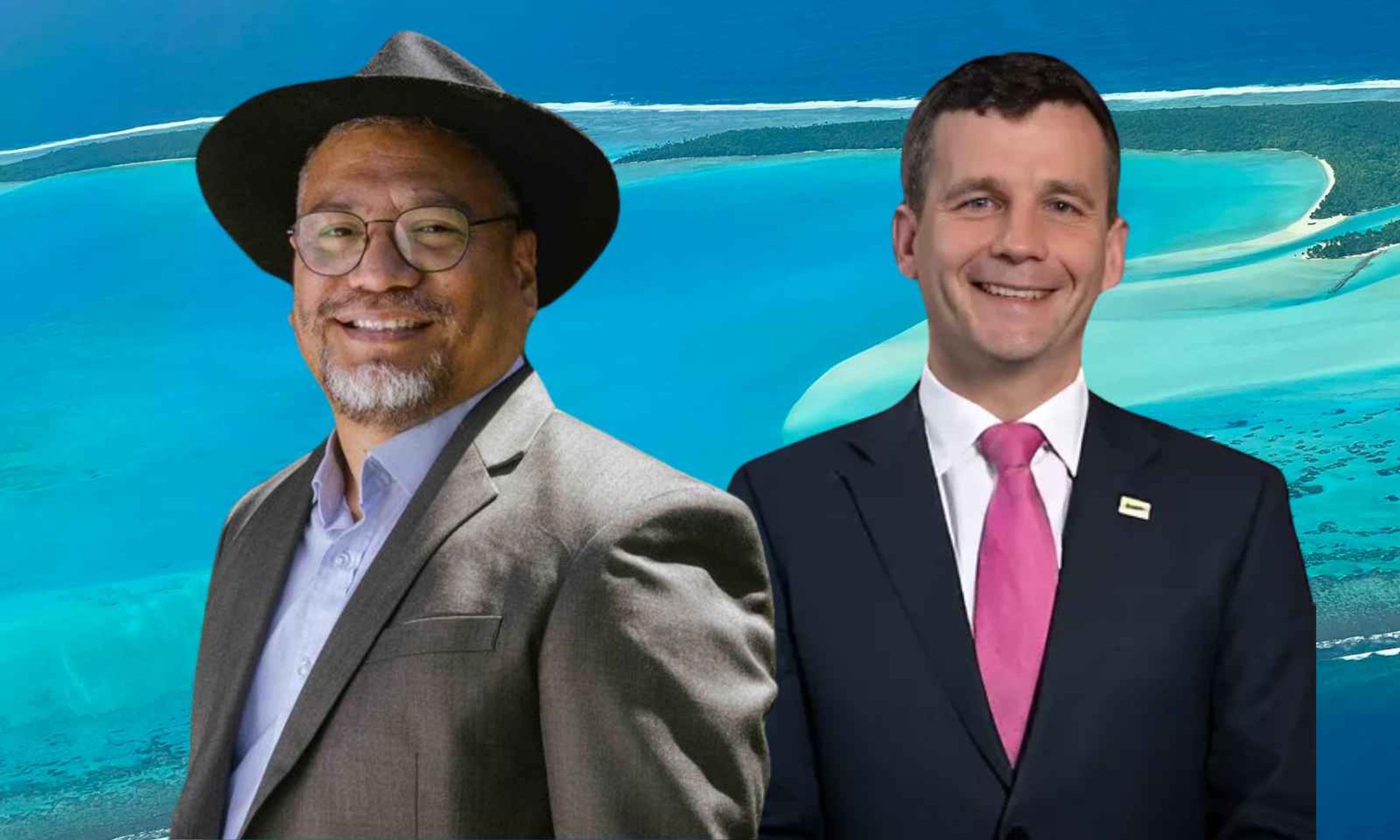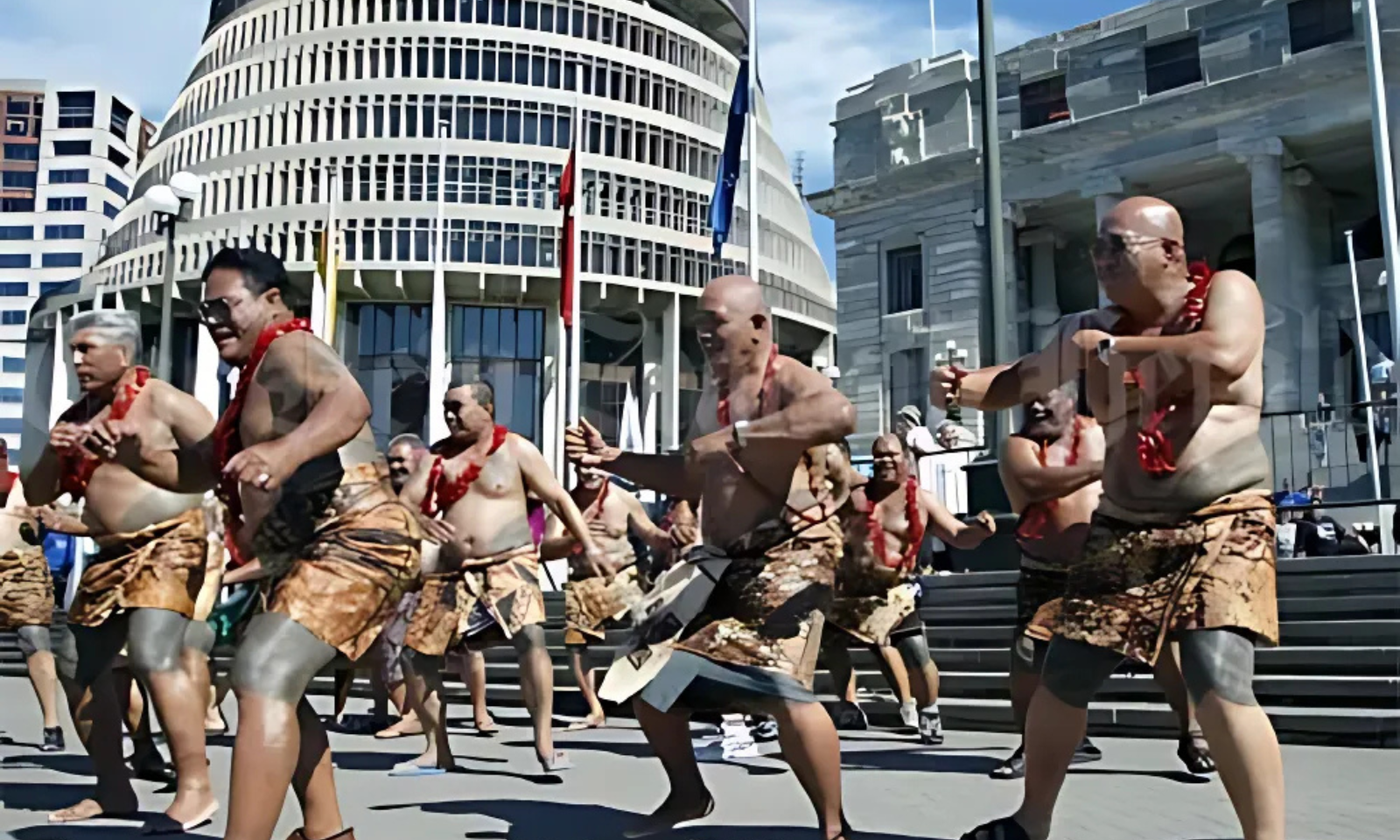

The uphill battle to right a historic wrong between NZ and Sāmoa will get the big-screen treatment.
Photo/’Ala Vailala/Facebook/Supplied
Privy Council to parliament: Sāmoa’s citizenship battle in upcoming documentary
After a 1982 decision was overturned, Sāmoans born from 1924 to 1949 can reclaim New Zealand citizenship. Former MP Anae Arthur Anae chronicles the fight in a film eyeing a Netflix release.



Concerns rise over funding cuts: Is the future of the Ministry for Pacific Peoples at risk?

Green MP slams poll on citizenship rights, calls for recognition of Cook Islands-NZ long history

Pacific pair among five new faces in All Blacks squad for French series


Concerns rise over funding cuts: Is the future of the Ministry for Pacific Peoples at risk?

Green MP slams poll on citizenship rights, calls for recognition of Cook Islands-NZ long history
The hard-won progress of Sāmoa’s citizenship rights in Aotearoa New Zealand will feature in a new documentary.
Green MP Teanau Tuiono’s member’s bill, the Citizenship (Western Sāmoa Restoration) Amendment Bill, restores New Zealand citizenship to certain Sāmoans affected by a 1982 Act that revokes previously recognised rights.
Under the new legislation passed last November, eligible Sāmoans born between 13 May 1924 and 1 January 1949 can now apply for citizenship, with application fees refunded if they are successful.
A documentary, now in post-production, will cover the history behind this bill and feature accounts from key figures and communities that have spent years fighting for justice.
Speaking to William Terite on Pacific Mornings, Anae Arthur Anae, former National Member of Parliament and vocal advocate for the bill, said he wanted to trace the history of his first involvement with the cause through the documentary.
For Anae, it began during his entry into Parliament in 1996.
“I tried to get the National Party in the 1997 to 1998 period to listen to Dr George Barton, who took the case to the Privy Council and won,” Anae said.
The 1982 Privy Council ruling initially concluded all Western Sāmoans born between 1924 and 1948 were British subjects who became New Zealand citizens, but parliament reversed this decision.
“It just went in one ear and out the other and so that's when the actual journey started to where we ended up,” Anae said.
Watch Anae Arthur Anae's full interview below.
“There are a number of people on this journey that we need to thank.
“For example, the first one is that Falemaʻi Lesa herself - if she didn't go through the case of being deported and made contact with Dr George Barton.
“They made the issue to try and resolve the problem. Our people should know Dr Barton and George Rosenberg studied this, understood and believed we were always New Zealanders.”
Bittersweet victory
Although Anae welcomed the achievement of the bill’s passing, he maintained it does not go far enough, particularly because descendants were excluded while pensions remained out of reach for many older applicants.
“The thing that makes me angry is they are now saying they have to live in New Zealand for 10 years before they can get a pension.

Sāmoan matai outside NZ Parliament on 28 March 2004, protesting against the Citizenship (Western Sāmoa) Act 1982. Photo/Mark Mitchell
“The youngest is 76. How many of these will be able to survive 10 years to get one cent of a pension that they should have got but they were denied their rights at the beginning?
“My argument is they should be paying these people 50 per cent of their pension on the proviso they still live in Sāmoa but have the access and the freedom to travel to and from New Zealand.”
Despite this partial resolution, Anae viewed the bill’s passage as a testament to the “impossible becoming possible”, crediting cross-party support from figures like Vaovasamanaia Winston Peters and David Seymour.
Possible Netflix release?
Anae’s documentary, shot in both Sāmoa and New Zealand, aims to finalise production by March. They hope Netflix will pick it up.
An American editor and producer joined a local team to capture hundreds of hours of interviews, archival footage, and personal testimonies, which will be refined down to 90 minutes.
Watch Falema'i Lesa speak with PMN News political reporter Ala Vailala following her oral submission to the committee in July 2024.
“It was difficult filming because there were a lot of people that should have been on but as you know the difficulties is coordinating people's time with the film group, who've got their time, their restrictions and their costs.
“Every piece of equipment we've had to hire from New Zealand and take it to Sāmoa and bring it back.
“So it's not a cheap operation, but I do sincerely hope for the investment that's been put in it that we are going to put on the world stage a story about how the Sāmoan people were treated.
“What we had to do to get the result that we have today, and while it's not a hundred per cent - we have a result.”